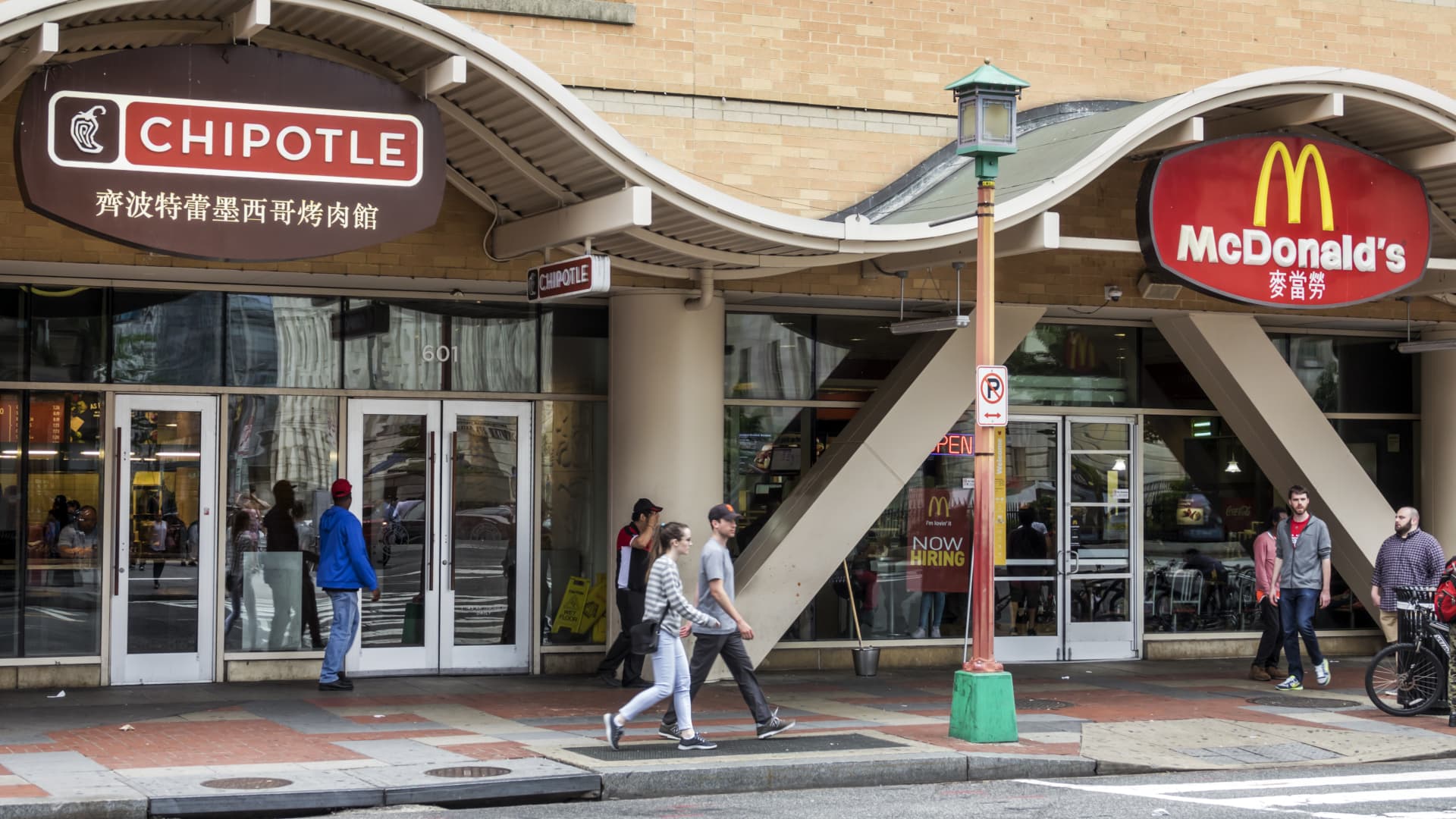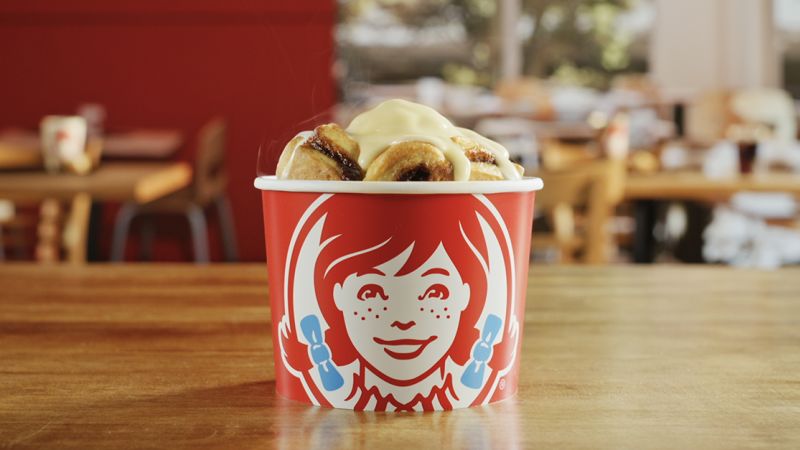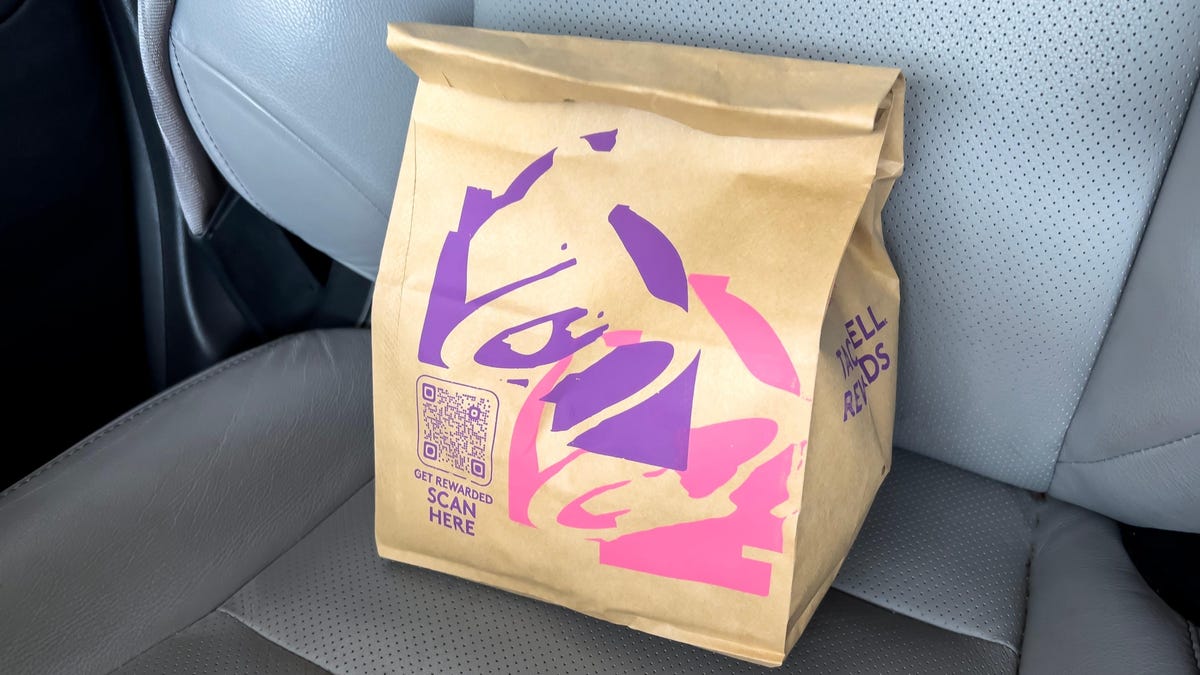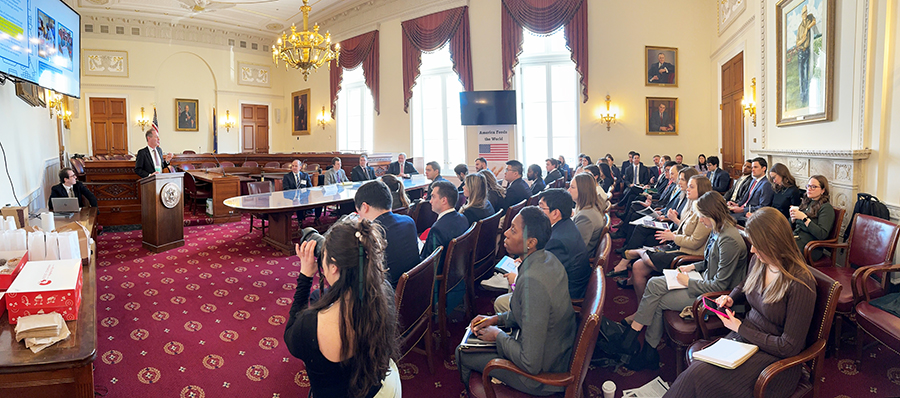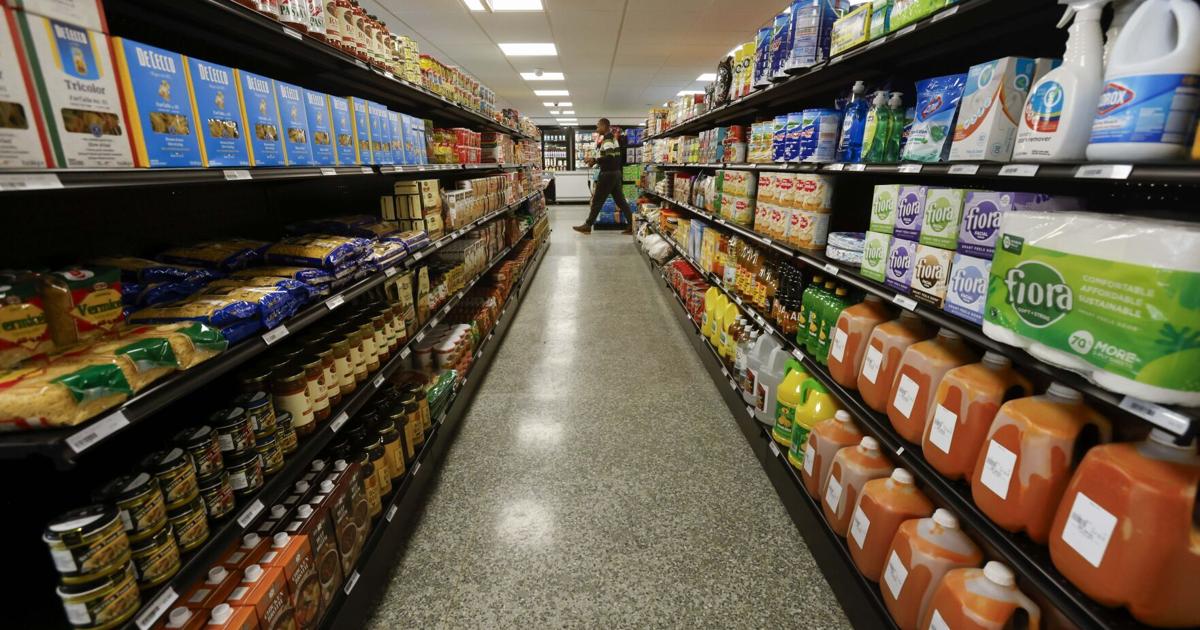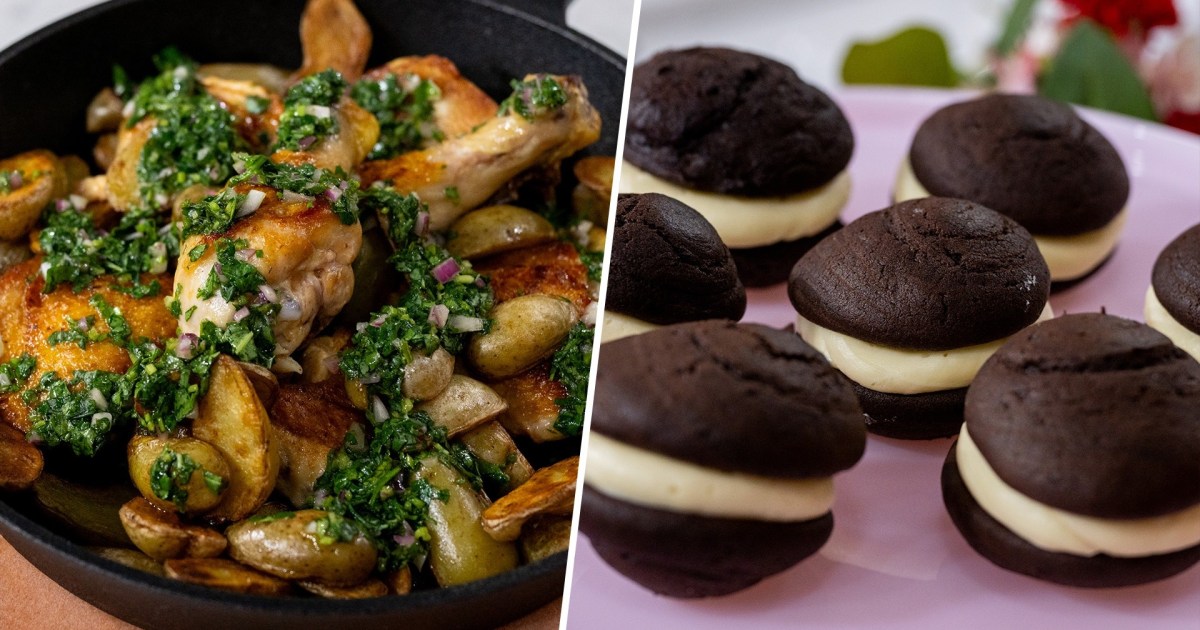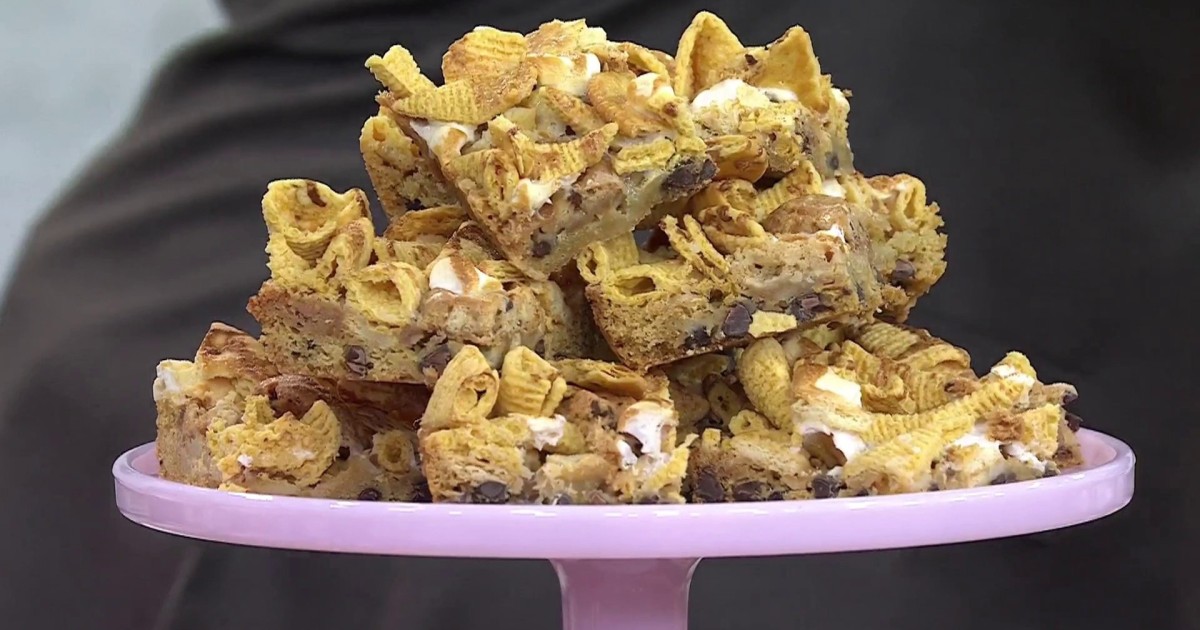McDonald’s and Chipotle Mexican Grill say customers squeezed by inflation are choosing cheaper menu items and visiting their restaurants less often, signaling trends that could be hitting the broader restaurant industry.
The two companies were among the first restaurant chains to report their second-quarter results. Wingstop, Starbucks and Taco Bell owner Yum Brands are all scheduled to release their earnings reports within the next week.
Starting around mid-May, Chipotle said on Tuesday that low-income customers were visiting its restaurants less frequently, leading to slowing traffic. Earlier in the day, McDonald’s executives also said some low-income customers have been switching to its value menu or opting out of combo meals to save money. But McDonald’s executives added that the chain is also benefiting from customers trading down from more expensive full-service or fast-casual restaurants.
The restaurant companies’ commentary comes on the heels of Walmart slashing its profit outlook, citing surging prices for food and gas that are squeezing consumers’ wallets. Higher prices for necessities have curtailed shoppers’ willingness to buy items such as apparel and electronics — or dine out at restaurants and order food delivery.
On average, restaurant menu prices rose 7% in the three months ended May compared with the year-ago period, according to the NPD Group. During the same period, consumers from households with income under $75,000 cut their fast-food visits by 6%, the market research firm said.
Restaurant chief executives, including McDonald’s Chris Kempczinski, have pointed to the gap in rising prices for groceries and restaurant meals as an advantage for eateries. Prices for food at home have climbed 12.2% over the last 12 months, while prices for food away from home are up just 7.7%, according to the Bureau of Labor Statistics’ consumer price index.
“I don’t know what the impact of that is, but certainly we expect that there’s some benefit that we’re seeing as part of that,” Kempczinski told analysts Tuesday during the company’s conference call.
Historically, fast-food chains have fared well during economic slowdowns as diners shift to cheaper options without skipping out on eating out altogether.
McDonald’s is among the best-positioned restaurants to benefit from consumers trading down, according to BMO Capital Markets analyst Andrew Strelzik. Executives touted the chain’s value offerings compared with rivals, even as the company and its franchisees raise prices.
As a fast-casual chain, Chipotle says most of its customers aren’t as sensitive to pricing.
“The low-income consumer definitely has pulled back their purchase frequency,” CEO Brian Niccol said on the company’s conference call. “Fortunately for Chipotle, you know, the majority of our customers are a higher household income consumer.”
The burrito chain said it is confident it can hike menu prices without scaring off its core customers. It plans to raise prices about 4% in August to cover rising costs for tortillas, avocados and packaging.
Chipotle stock was up 11% in morning trading on Wednesday after the news of another round of price hikes and an earnings beat. Shares of McDonald’s were down less than 1% after Deutsche Bank downgraded the stock, citing its valuation relative to its fast-food peers.
By the end of the year, BTIG analyst Peter Saleh, predicts that Chipotle’s menu prices will be about 20% higher than they were two years earlier. The chain’s competitors have raised prices by similar levels or even higher, according to a survey conducted by the firm.
“The results of our pricing survey indicate that Chipotle still has pricing power that it can lean on to support margins in this inflationary environment,” Saleh wrote.
For the second quarter, Chipotle reported same-store sales growth of 10.1%, falling short of Wall Street’s expectations of 10.9%. The increase was largely the result of earlier price hikes, which offset a decline in customer traffic.
Some analysts questioned how much more Chipotle could raise prices. Cowen analyst Andrew Charles wrote in a note that the planned hikes this summer could erode traffic further, especially given the uncertain economic environment noted by the company’s executives.
— Ian Krietzberg contributed reporting for this story.

